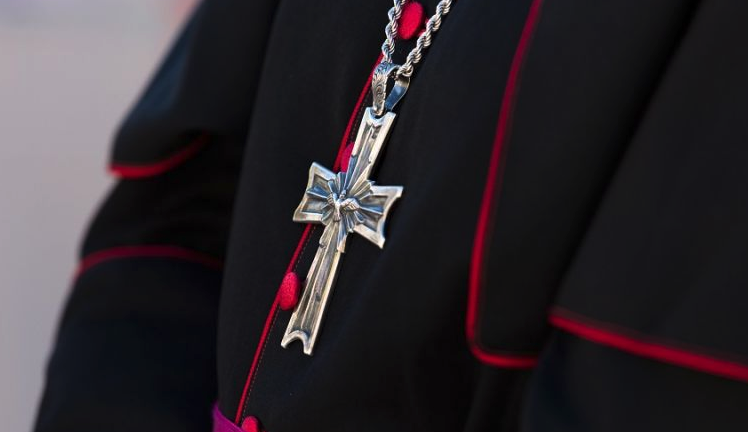- Feb 5, 2002
- 166,616
- 56,250
- Country
- United States
- Faith
- Catholic
- Marital Status
- Married
- Politics
- US-Others
The gathering of nineteen bishops in the early 300s was not a doctrinal gathering, but a disciplinary one, focused on how to promote good order in the Church and how best to address grave sins committed by members of their flocks.
In 303, the Roman Emperor Diocletian launched a brutal persecution of the Church. The persecution lasted for a decade, until Constantine extended toleration to Christians in the Edict of Milan.
Against this backdrop, nineteen bishops gathered for a synod in Elvira, a city in the Roman province of Hispania Baetica in what is now southern Spain. Over twenty priests were also present.
The Synod of Elvira—also known as the provincial Council of Elvira—was not a doctrinal gathering, but a disciplinary one. The Spanish bishops considered how to promote good order in the Church and how best to address grave sins committed by members of their flocks, especially against the First, Fifth, and Sixth Commandments.
Date and participants
“It is uncertain when the Synod of Elvira (today a suburb of Granada) took place,” according to Denzinger’s Enchiridion Symbolorum (43rd edition, 2010). “From the synodal acts, only the opening day is certain: May 15.”
The French historian Father Louis Duchesne dated the synod to 300-303, on the eve of persecution. The Belgian historian Henri Grégoire placed the Synod in 309, during the persecution. Following in their footsteps, the New Catholic Encyclopedia and Encyclopaedia Britannicapropose the dates of 300-303 or 309. Denzinger notes that “the years 300-303 are accepted by most today (but others point to 306-312 and even the time of Sylvester I),” whose reign began in 314.
We know little about the synod fathers besides their names. Bishop Felix of Acci (now Guadix) presided. One synod father (Valerius of Saragossa) is a saint; he is among the holy men and women commemorated on January 22 in the current Roman Martyrology.
Continued below.

 www.catholicworldreport.com
www.catholicworldreport.com
In 303, the Roman Emperor Diocletian launched a brutal persecution of the Church. The persecution lasted for a decade, until Constantine extended toleration to Christians in the Edict of Milan.
Against this backdrop, nineteen bishops gathered for a synod in Elvira, a city in the Roman province of Hispania Baetica in what is now southern Spain. Over twenty priests were also present.
The Synod of Elvira—also known as the provincial Council of Elvira—was not a doctrinal gathering, but a disciplinary one. The Spanish bishops considered how to promote good order in the Church and how best to address grave sins committed by members of their flocks, especially against the First, Fifth, and Sixth Commandments.
Date and participants
“It is uncertain when the Synod of Elvira (today a suburb of Granada) took place,” according to Denzinger’s Enchiridion Symbolorum (43rd edition, 2010). “From the synodal acts, only the opening day is certain: May 15.”
The French historian Father Louis Duchesne dated the synod to 300-303, on the eve of persecution. The Belgian historian Henri Grégoire placed the Synod in 309, during the persecution. Following in their footsteps, the New Catholic Encyclopedia and Encyclopaedia Britannicapropose the dates of 300-303 or 309. Denzinger notes that “the years 300-303 are accepted by most today (but others point to 306-312 and even the time of Sylvester I),” whose reign began in 314.
We know little about the synod fathers besides their names. Bishop Felix of Acci (now Guadix) presided. One synod father (Valerius of Saragossa) is a saint; he is among the holy men and women commemorated on January 22 in the current Roman Martyrology.
Continued below.

